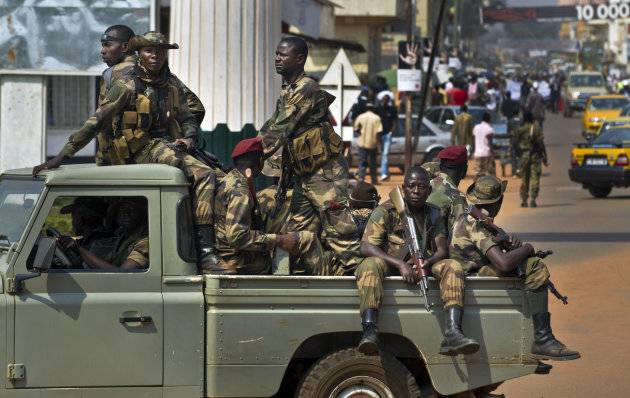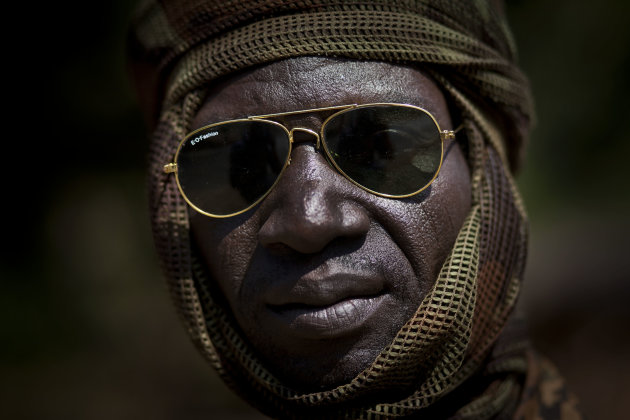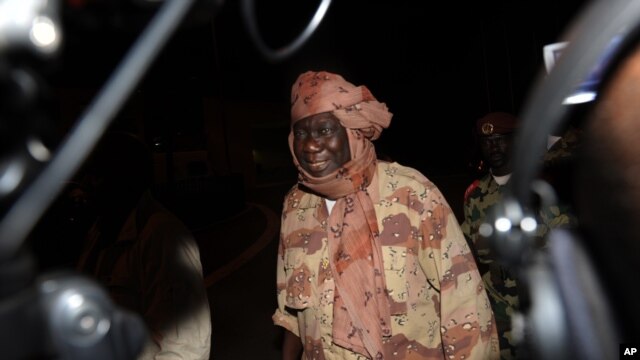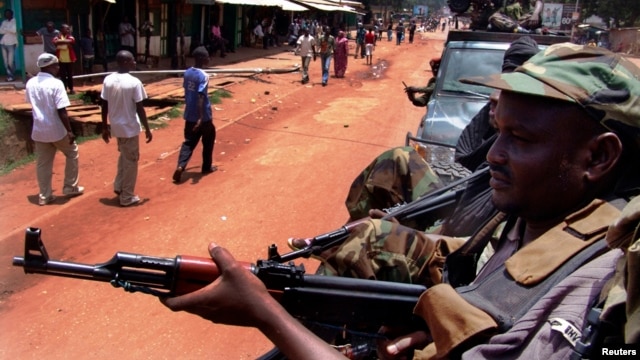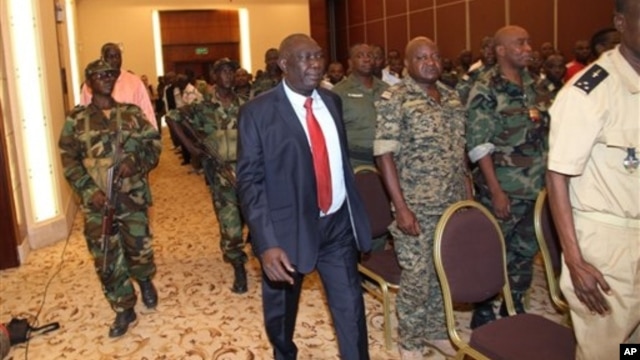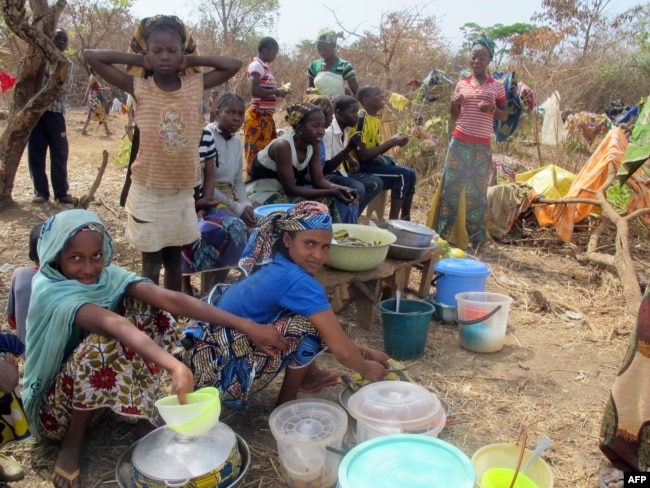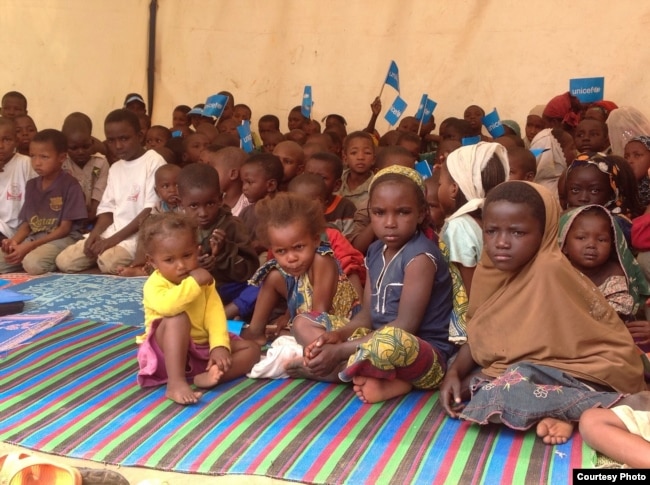emptystep
VIP Member
- Jul 17, 2012
- 3,654
- 221
- 83
Central African Republic signs peace deal with rebels - Yahoo! News
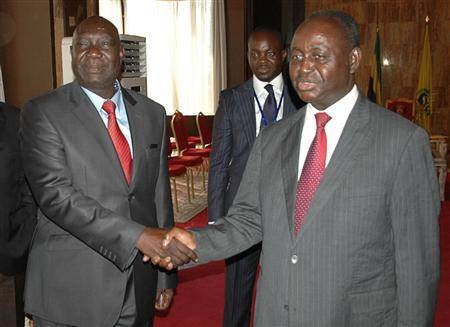
LIBREVILLE (Reuters) - Central African Republic's government and rebels agreed on Friday to the formation of a national unity government under a ceasefire deal to end an insurgency that swept to within striking distance of the capital.
The agreement, signed in Gabon's coastal capital Libreville after three days of talks mediated by regional neighbors, averted the biggest threat to President Francois Bozize's decade in charge of the mineral-rich former French colony.
Aid groups had warned that a rebel attack on the capital Bangui could trigger a humanitarian crisis.
"God is great. He has spared us from the grave," Bozize told reporters after arriving at Bangui airport late on Friday. "I will finish my term, which ends in 2016."
...
Seleka, a coalition of five separate rebel groups, launched its insurgency in early December, accusing Bozize of reneging on a 2007 peace deal supposed to provide jobs and money to insurgents who laid down their weapons.



